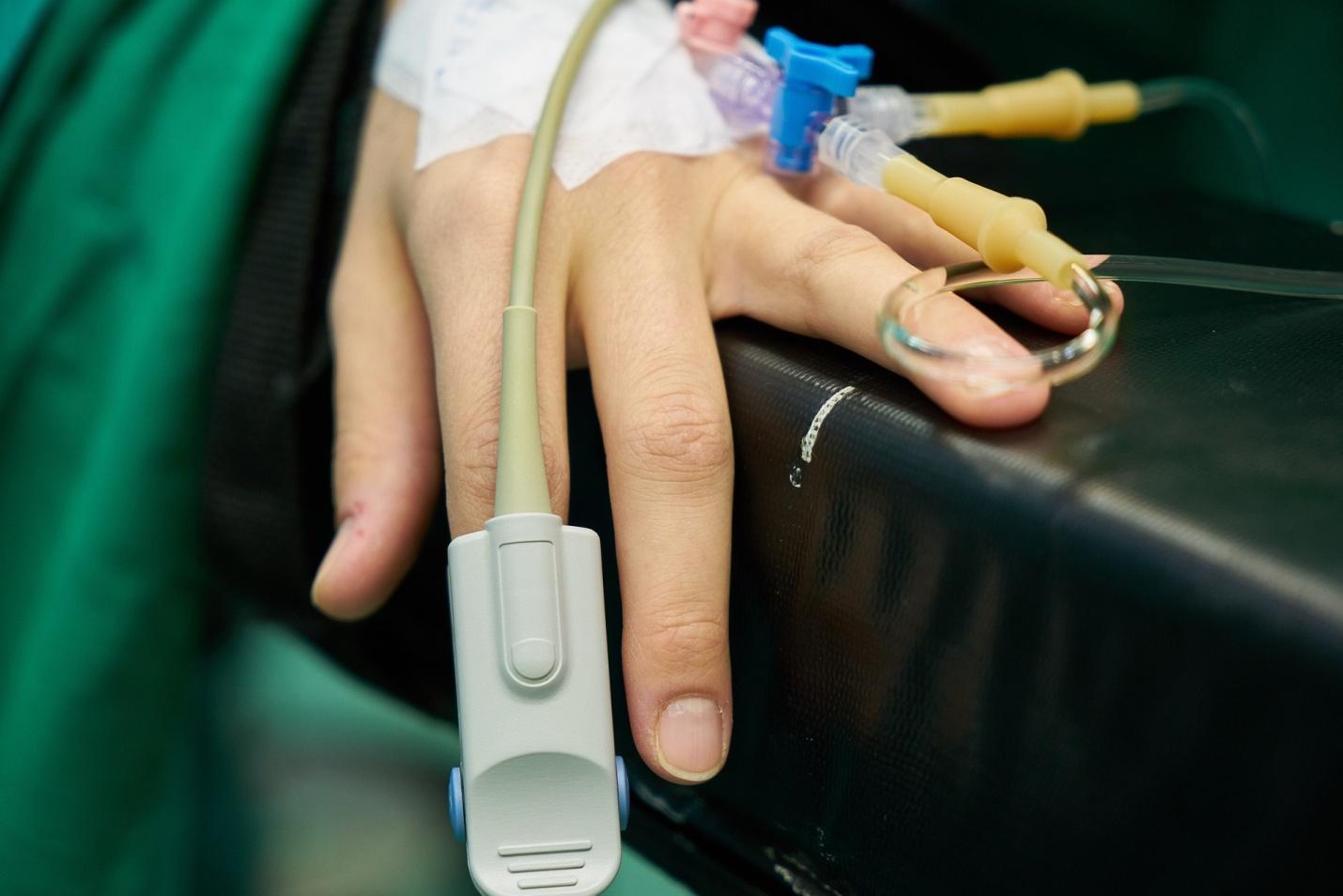

Did you know that an estimated 1 in 10 adults in the United Kingdom has gallstones? This number is reportedly growing due to more people becoming overweight or obese and more individuals becoming older. Gallstones are especially prevalent in women, particularly those who have had children, and if you are 40 or older, your risk increases significantly as well. While in most cases, gallstones don’t come with any symptoms, if it gets trapped in an opening within the gallbladder, it can cause a sudden pain in the abdomen that lasts one hour to up to five hours. Some individuals may also develop certain complications, like cholecystitis (gallbladder inflammation), which can cause jaundice, persistent, throbbing pain and fever. Aside from the symptoms listed, how do you really know if you have gallstones? More importantly, what should you do about it? Let’s find out.
The diagnosis
Believe it or not, gallstones may only be discovered after you’ve had a test or examination for another medical condition, as they don’t usually come with symptoms. According to a gallbladder surgeon in London from The London Surgical Group, your physician will generally ask you about your symptoms, and they may perform a ‘Murphy’s sign test’ in order to determine if you have an inflamed gallbladder. The test will involve your physician placing their fingers or hand on the upper portion of your abdomen and asking you to breathe in – if this is painful, it often means that you have an inflamed gallbladder and may need treatment. In addition, your physician may order several blood tests to determine if you have an infection. They will also do the tests to assess if your liver is in good condition because if gallstones have moved into the bile duct, it is hard for the liver to function correctly.
The treatment
The same expert in gallstone surgery London also states that the treatment plan recommended by your physician will depend greatly on how the gallstones have affected your lifestyle. If you are fortunate enough not to exhibit symptoms, your physician will most likely recommend active monitoring, where you will not receive treatment immediately, but you should inform your physician if symptoms develop. In general, it is believed that the longer you go without exhibiting symptoms, the likelihood of your condition getting worse is slim.
On the other hand, treatment may be recommended if you are at risk of complications, like liver cirrhosis, high blood pressure within the liver (also referred to as portal hypertension), and diabetes. Treatment may also be advised if you have high calcium levels in your gallbladder, which can result in cancer later on.
Treatment options
If you experience abdominal pain, the treatment may be based on how the pain affects your daily life and activities. For instance, if you have mild episodes that don’t happen as often, your physician may prescribe painkillers and may put you on a healthier diet. However, if your symptoms are more frequent and severe, you are often recommended to undergo surgery for gallbladder removal. This can be open or laparoscopic surgery, one of the most common types of surgery in the UK and worldwide. The good news is that the gallbladder is not considered an essential body part and organ, and it is perfectly possible to lead a normal existence without it.
